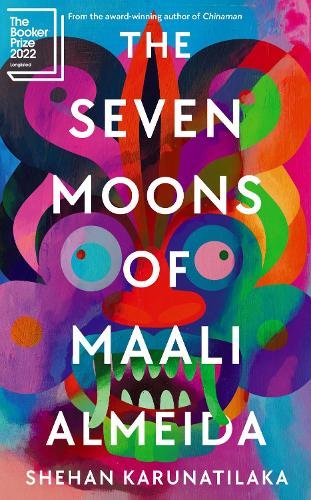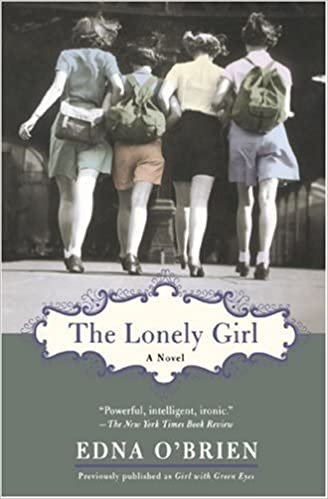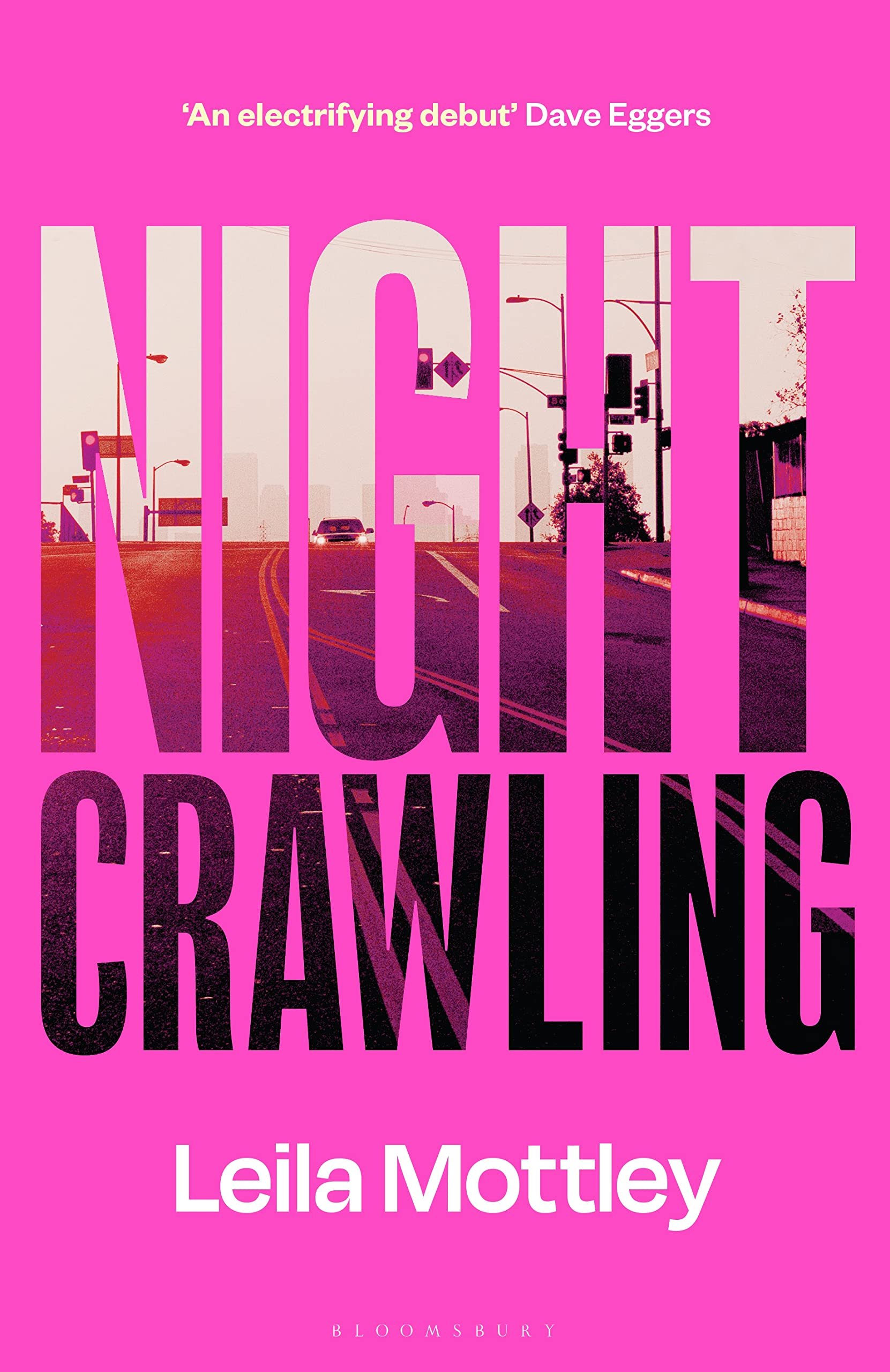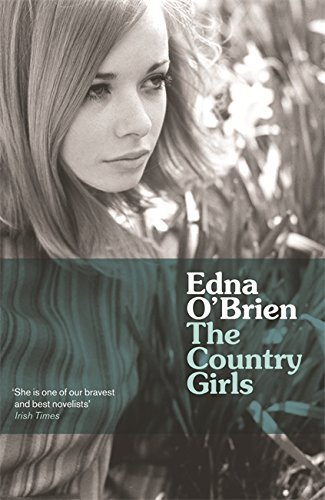People who are socially awkward often suffer from a sense of being alienated and not wanted – particularly in environments that are new to them. Most people experience this on some level but it's more acutely felt by certain people. It's difficult to know whether these feelings are self manifested or if this rejection comes from being different and not conforming to common social behaviour. At the start of Drnaso's latest graphic novel, we get snapshots of several such individuals who feel isolated in different ways. They come together in response to a general ad for an acting class which is described as a “unique opportunity” that is seemingly more about building self confidence than training to become a professional actor. The class is lead by John Smith, an affable man with a disturbingly commonplace name. He asks for no payment for the first set of classes and though his motives seem purely altruistic at the beginning his plans for these students become increasingly mysterious. Through a series of scenes which switch between these individuals' outside lives and acting prompts performed in class the line between reality and artifice becomes worryingly blurred. The story raises poignant questions concerning what constitutes an authentic self and the degree to which socialising inhibits or enhances self expression.
Any book that immediately gives short introductions to a wide cast of characters poses a challenge to the reader to remember and keep track of who all these people are while experiencing the story. This difficulty is increased by Drnaso's drawing style where many of the characters appear quite similar to each other. However, this isn't a criticism as this aspect of the book enhances the story's themes which probe the nature of individuality and whether our personalities are innate or self-created. The unsettling anonymous effect is somewhat similar to the film 'Anomalisa' where animated facial features and voices are disturbingly uniform. Naturally, as “Acting Class” continues the identities and personal histories of these characters become clearer as information is revealed through their interactions with each other. We also get a better sense of how these characters variously conceal, evade or manipulate when conversing with others. Equally, their insecurities and earnest desires to be good people spill out as they struggle to connect.
It's visually striking when the characters are acting in a scene and suddenly the background behind them will change from one panel to the next to show an entirely new environment to fit the imaginary space they're inhabiting. This feels like a playful commentary on the way in which we sometimes feel like we create our own reality. As these individuals improvise scenes the characters and situations they invent are naturally inspired by real life and disturbing things sometimes emerge. I enjoyed the ambiguity and discomfort of the moments where the other characters aren't sure if their acting partner is still acting or confessing something true. It explores the degree to which this occurs in real life where constructed social identities break down and real feelings emerge. One of the most poignant relationships in the novel is between a couple who are struggling to maintain their relationship and strategise to reignite the spark by starting over as if they're strangers. It reminds me of the protagonists of Vesna Main's “Good Day?” where a couple write a novel about a couple. Drnaso shows how certain tensions remain even when a long term relationship is reset as if they are meeting for the first time.
The central question of this novel revolves around the choice between fully inhabiting reality or committing to an imagined narrative. This is dramatically represented in a dilemma as the participants engage in a final immersive exercise. Naturally, the line between experience and the imagination is much more blurred in our day to day existence and Drnaso's amplifies the crisis to create an impactful and eerie effect. I found it very moving how the story plays out as the characters become lost in hostile landscapes of their own creations. As in his previous graphic novel “Sabrina”, Drnaso skilfully interjects small visual elements into certain panels such as tiny colourful stars or a frame around the panel which suggest there are deeper emotional changes occurring beneath the surface of certain scenes. It's also impressive how the themes of the novel build to such a degree where panels which show barely anything can become so emotionally charged. This novel is a striking and impressive meditation on the tension between being and becoming.























